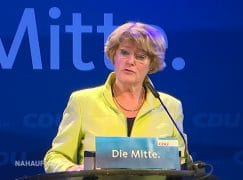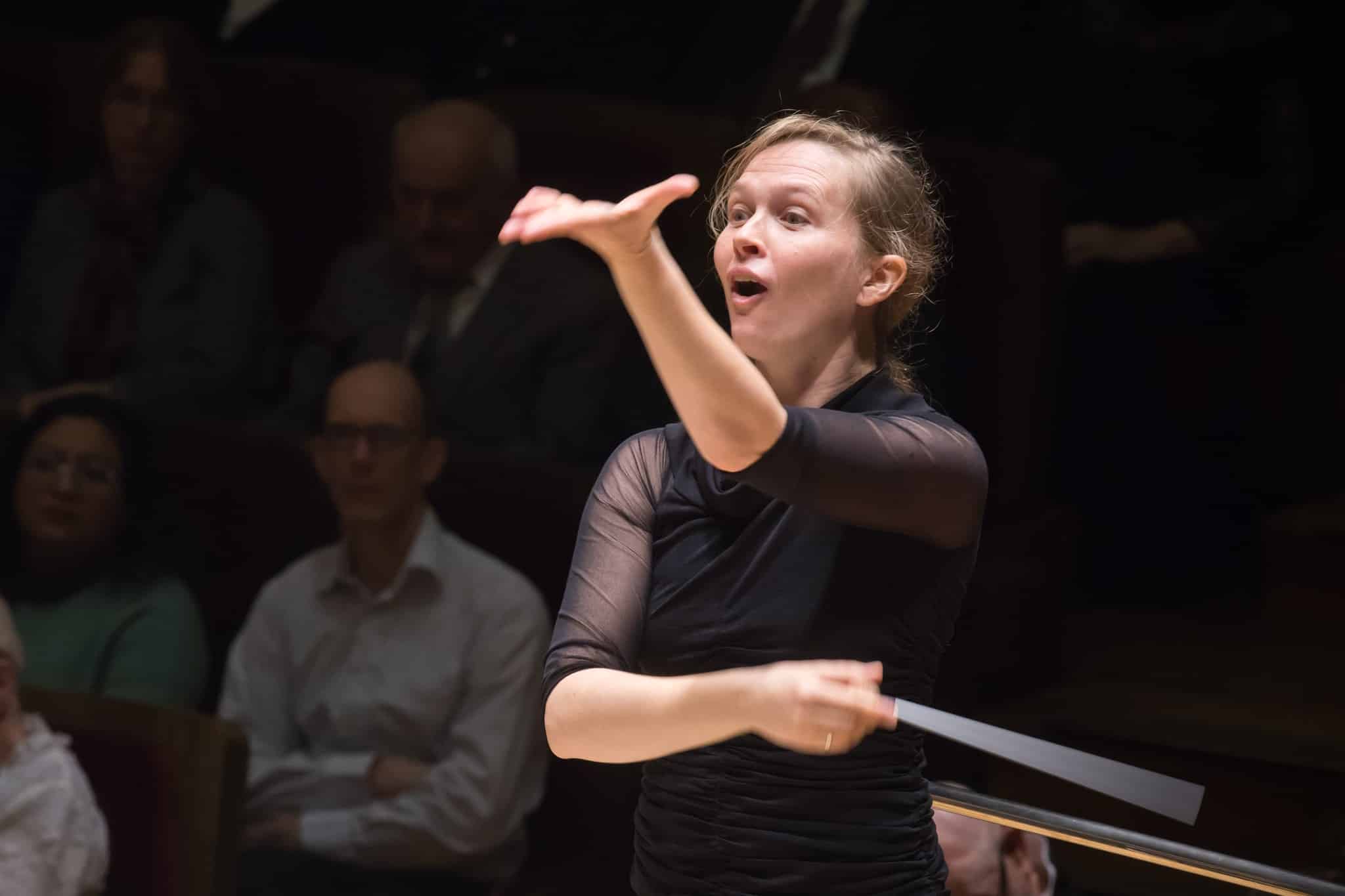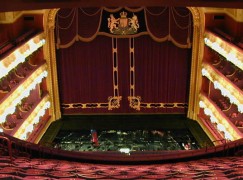German government creates new fund for orchestral innovation
mainThe federal cultural minister Monika Grütters has announced a pot of cash that orchestras can apply for to attempt new ideas and initiatives that are beyond their budget.
The fund, worth €5.4 million, is open to all publicly funded orchestras.
Grants will be awarded in tranches of 50,000 to 450,000 Euros.
How clever of Ms Grütters to spot this really vital need.






Comments